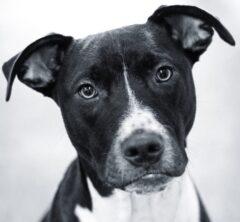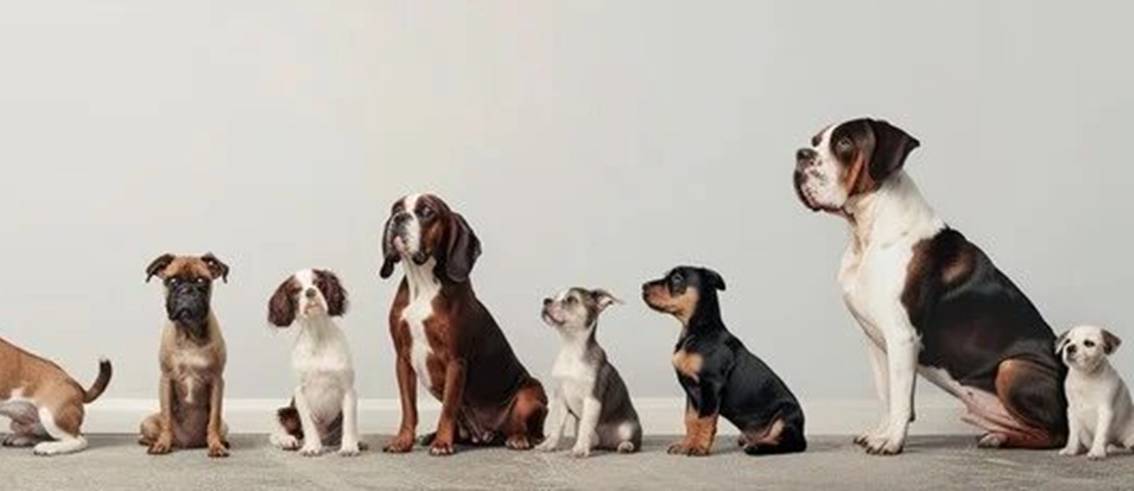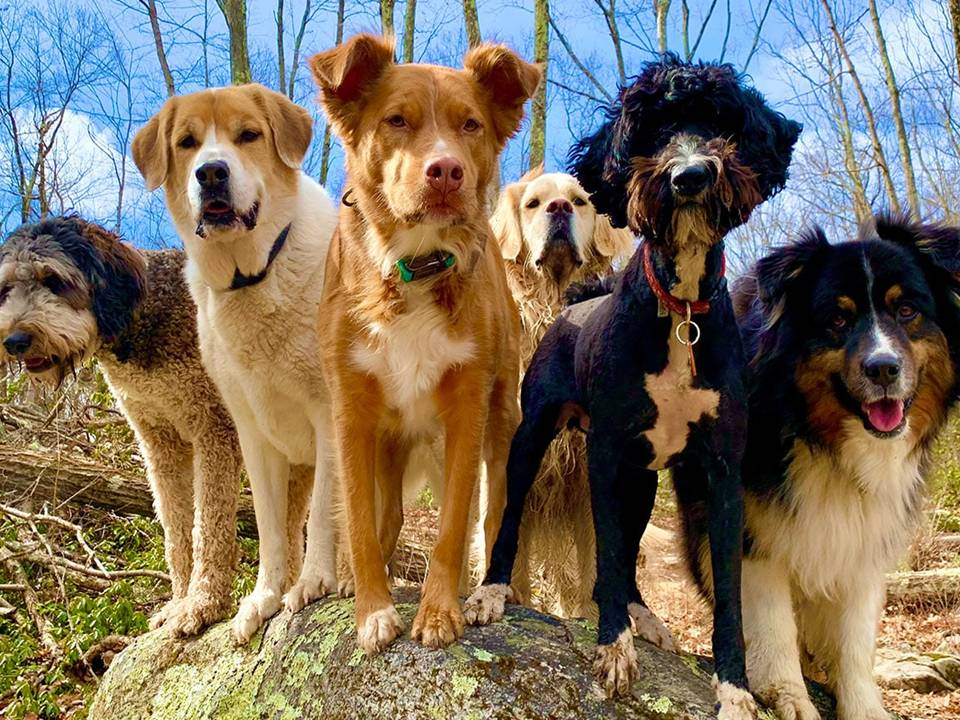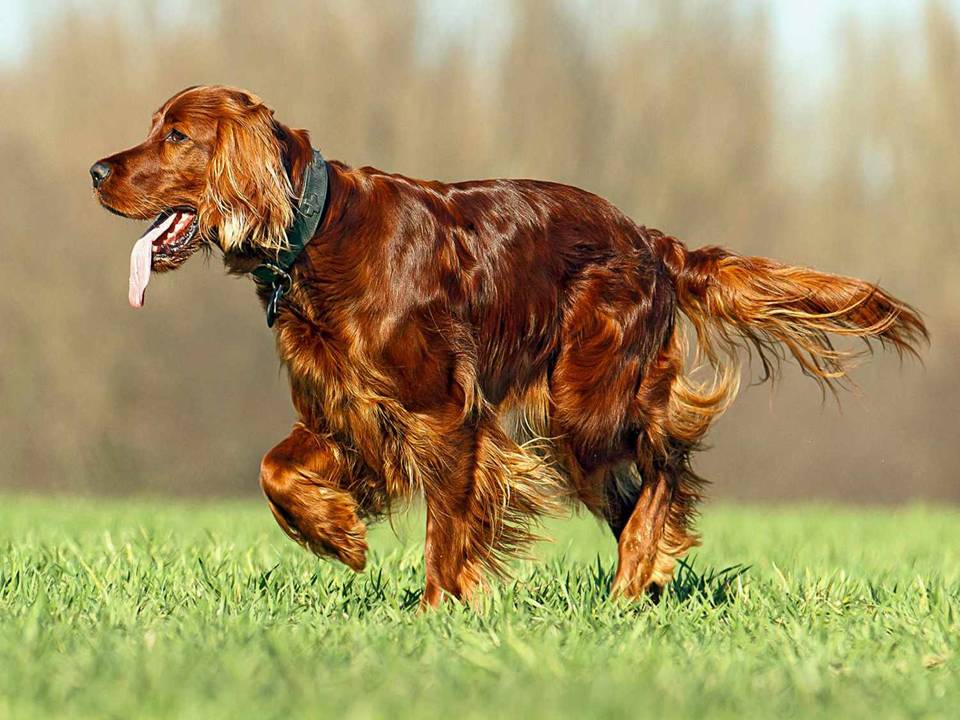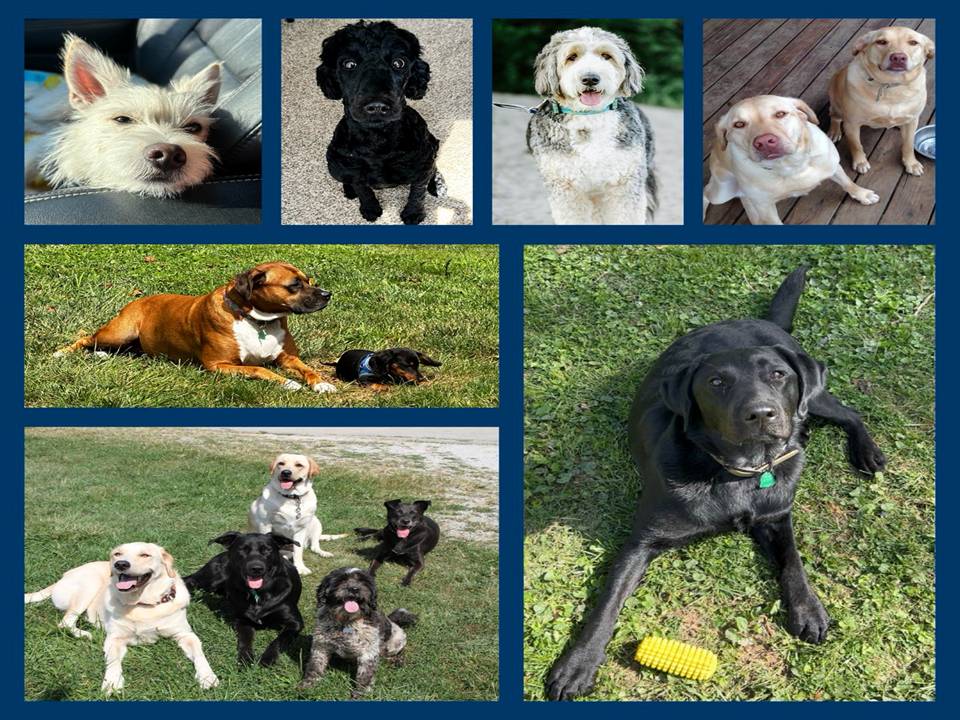Unique Personality of Dog Each Breed
Dog breeds bring unique personality traits, influenced by their genetic history, purpose, and selective breeding practices. From the boisterous energy of a Labrador Retriever to the quiet confidence of a Shiba Inu, dog lovers can find a breed that fits their personality and lifestyle. This guide explores the nuances of personality differences between dog breeds, diving into the energy levels, social needs, trainability, and temperaments of popular breeds. By understanding these factors, dog owners can make informed choices and provide the best care for their canine companions.
Working and Herding Breeds: Driven and Determined
Working breeds like the German Shepherd, Rottweiler, and Siberian Husky carry a legacy of loyalty, alertness, and strength. Bred to work closely with humans, these dogs thrive on routine, structure, and purpose. German Shepherds, for instance, approach tasks with high intelligence and unwavering loyalty, making them ideal for roles in police and military work. They show confidence around strangers but often stay reserved and cautious in unfamiliar situations.
Herding dogs like Border Collies and Australian Shepherds exude energy and intelligence. With strong problem-solving abilities, Border Collies excels at puzzles and interactive tasks. They crave activities that keep them mentally stimulated, whether herding animals or playing agility sports. Owners should prepare for daily physical and mental challenges to prevent boredom and keep these breeds happy.
Sporting Breeds: Energetic and Sociable
The retriever breeds, including Labrador Retrievers and Golden Retrievers, exhibit friendly, adaptable, and outgoing personalities. Labradors tend to approach life with uncontainable enthusiasm, especially when engaged in outdoor activities like swimming or playing fetch. Their affectionate nature often makes them family favourites, as they bond easily with children and other pets.
Golden Retrievers share the Labrador’s sociability but bring a more gentle and sometimes slightly reserved temperament. They connect emotionally with their owners, displaying empathy and sensitivity, which makes them excellent therapy dogs. Sporting breeds, including Spaniels and Setters, show eagerness and joy in any activity
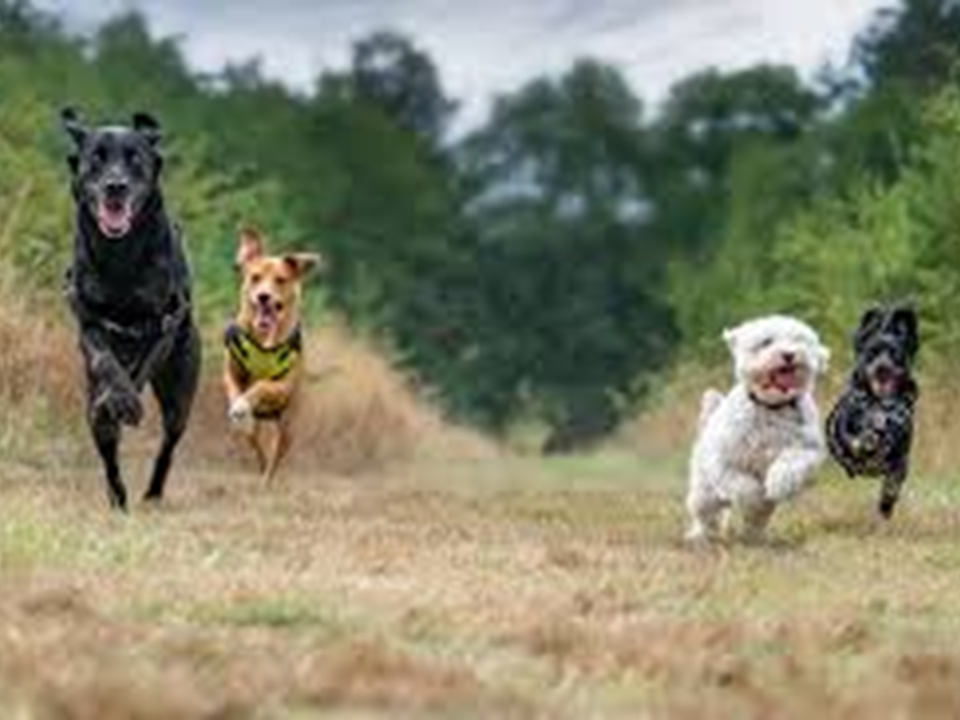
involving movement and companionship. These breeds thrive in households that embrace their boundless energy and willingness to participate in nearly any activity.
Terrier Breeds: Feisty and Tenacious
Terriers, bred for hunting vermin, stand out for their spirited personalities. These small- to medium-sized dogs, including the Jack Russell Terrier, the Scottish Terrier, and the Bull Terrier, possess high levels of independence, determination, and assertiveness. Jack Russells, for example, bring an energetic and somewhat impulsive demeanour, often challenging owners with their quick thinking and stubborn attitudes. They require firm, consistent training to channel their intelligence and enthusiasm productively.
While they’re usually friendly with family members, terriers can show strong protective instincts, sometimes barking at strangers or acting aloof around unfamiliar dogs. Owners should engage these breeds in regular mental stimulation and physical activity to manage their lively spirits and reduce unwanted behaviours like excessive barking.
Companion Breeds: Affectionate and Adaptable
Companion breeds, including the Cavalier King Charles Spaniel, French Bulldog, and Pug, show an inherent love for human connection and remain steadfastly loyal to their families. Cavalier King Charles Spaniels bring warmth, gentleness, and a highly sociable nature, often showing joy at curling up with their owners or entertaining themselves indoors.
French Bulldogs, on the other hand, combine an affectionate demeanour with a slightly stubborn streak. They may act indifferent to strangers or ignore commands they find unappealing, adding a playful charm to their personality. Pugs, with their joyful and outgoing nature, relish human companionship and can easily adapt to apartment living. Despite their small size, they exhibit a hearty disposition and thrive in family settings that encourage frequent interaction and play.
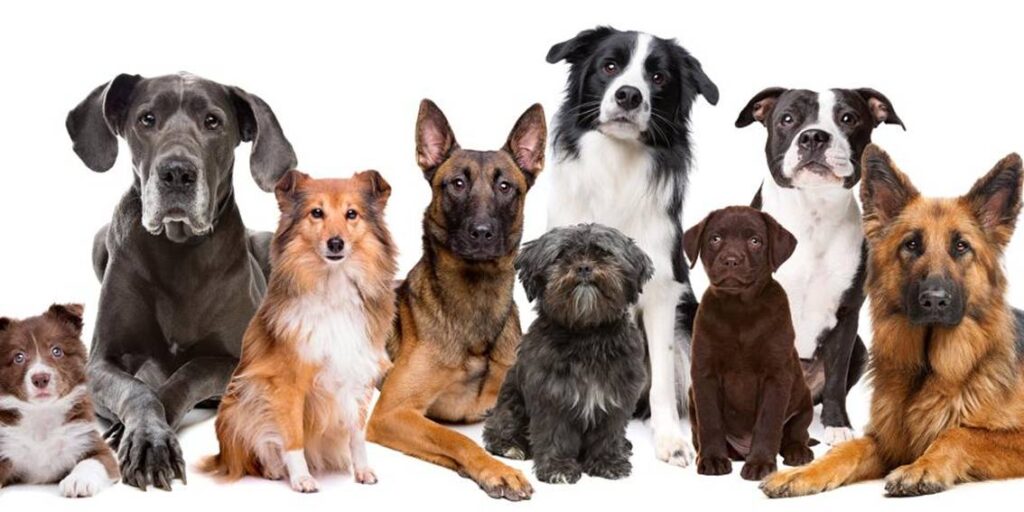
Hound Breeds: Independent and Curious
Hound breeds like the Beagle, Bloodhound, and Greyhound boast independence and an exceptional sense of smell or sight. Bred for hunting, these dogs often act with a degree of autonomy that can surprise new owners. Beagles, for instance, maintain an inquisitive and friendly temperament, especially around children. Their strong scenting abilities, however, can lead them to wander, making leash training essential.
Greyhounds, known for their graceful agility, often surprise people with their gentle and laid-back demeanour at home. While they enjoy sprinting in short bursts, they generally spend the rest of their time lounging. Bloodhounds, with their unbreakable focus on scents, sometimes act stubbornly but remain loyal and gentle with families. Hound breeds need consistent training to balance their independence, especially since they can become distracted by scents and sights during walks.
Toy Breeds: Spirited and Playful
Toy breeds, such as the Chihuahua, Pomeranian, and Maltese, carry bold personalities despite their small size. Chihuahuas often display fierce loyalty and protectiveness, creating deep bonds with their owners. Their alertness can make them prone to barking, and they may appear wary around strangers.
Pomeranians bring a lively, sociable energy and enjoy being the centre of attention. Known for their expressive faces, they interact actively with their owners and love learning new tricks. Maltese dogs display a sweet and playful nature, revelling in close contact with their families. While toy breeds often adapt well to apartment living, they still require regular playtime and mental challenges to stay engaged and content.
Ancient Breeds: Independent and Reserved
Breeds like the Shiba Inu, Basenji, and Afghan Hound stand out for their ancient origins and unique behaviours. Shiba Inus show a reserved and sometimes aloof nature. They often approach interactions with caution, forming strong attachments to one or two family members while remaining distant from strangers.
The Basenji, another ancient breed, shows independence and resourcefulness. Known as the “barkless dog,” the Basenji communicates with unique vocalizations and tends to remain calm and collected. Afghan Hounds bring a dignified presence with a slightly aloof personality. They act loyal to their families but show a degree of independence that can sometimes feel like stubbornness. These breeds require patient training, as they often approach commands with caution and selective hearing.
Choosing the Right Breed
When choosing a dog, potential owners should consider the breed’s energy level, sociability, and trainability. High-energy breeds like Border Collies and Jack Russells need owners who can meet their activity requirements, while breeds like Greyhounds and French Bulldogs suit a more relaxed lifestyle. Personality traits like protectiveness, independence, and affection shape each breed’s interaction style, so it’s important to select a dog whose temperament aligns with your living situation and personal preferences.
Each dog breed brings its own unique characteristics, from the playful antics of a Chihuahua to the steadfast loyalty of a German Shepherd. Matching a dog’s personality with an owner’s lifestyle leads to rewarding relationships and lasting companionship. Understanding the specific traits of each breed helps in creating a happy and fulfilling life for both dog and owner, building bonds that can bring years of joy.
